Early childhood education programs offer ideal opportunities for young children to develop the cognitive, social, emotional, and behavioral skills to be "ready to learn" in later classroom settings. A goal of early childhood education should be to develop these skills to prepare young children for K-12 education.. Developed by Catharine Hydon in consultation with the Department of Education and Training. Cultivating learning in a group setting is an important part of effective early childhood education and care. Children learn important social and emotional skills that help them navigate their relationships now and into the future.
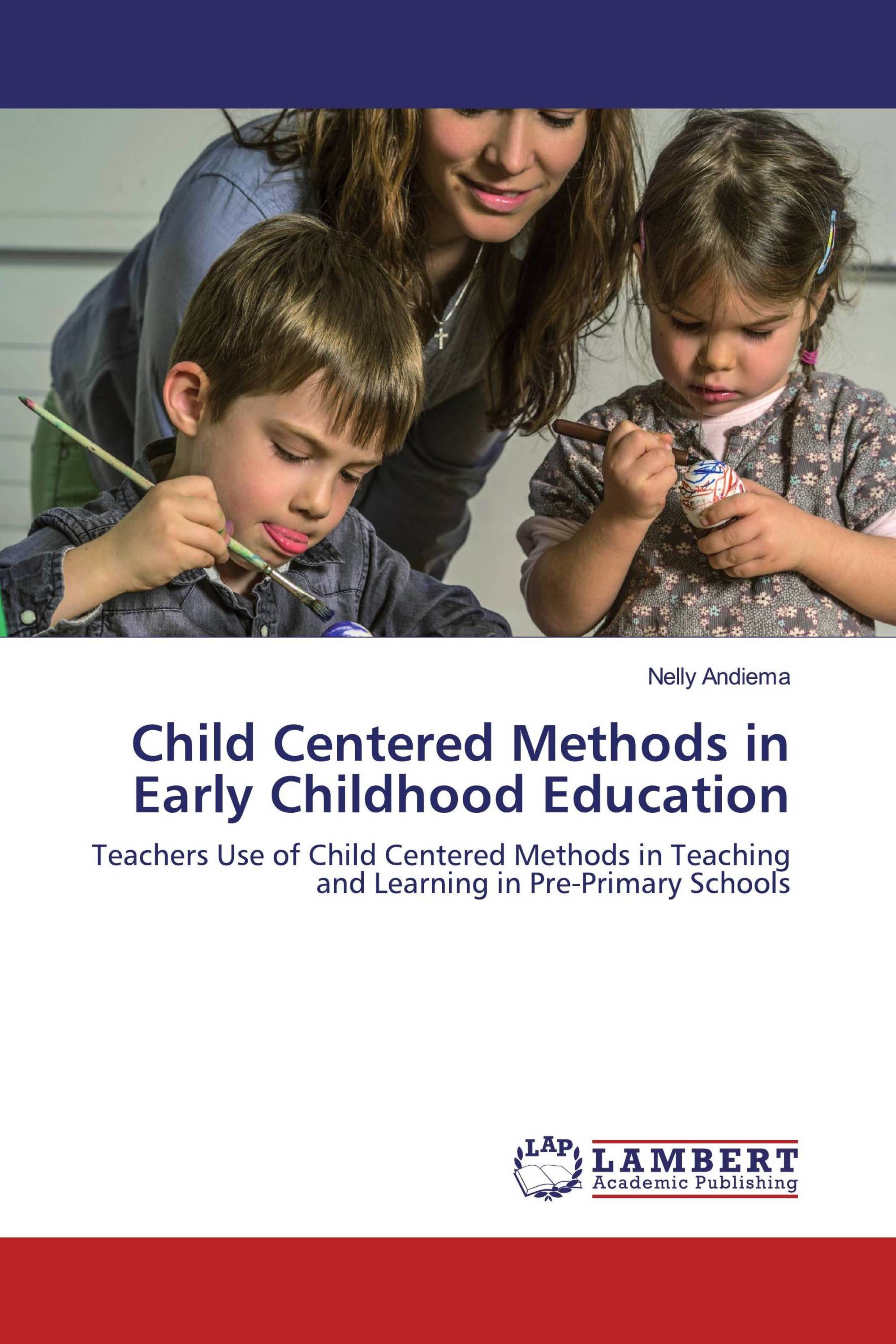
Child Centered Methods in Early Childhood Education / 9786202529365 / 9786202529365 / 6202529369
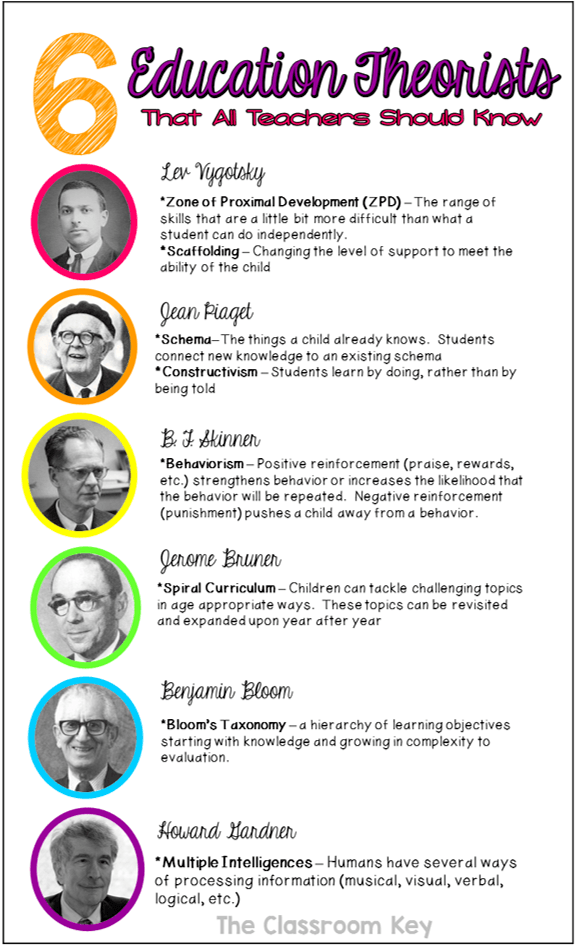
ECCE 227 Early Childhood Education Research Guides at Hudson Valley Community College

Learning intentions for discovery learning Learning stories, Learning stories examples, Early

(PDF) Early Childhood Care and Education Programs
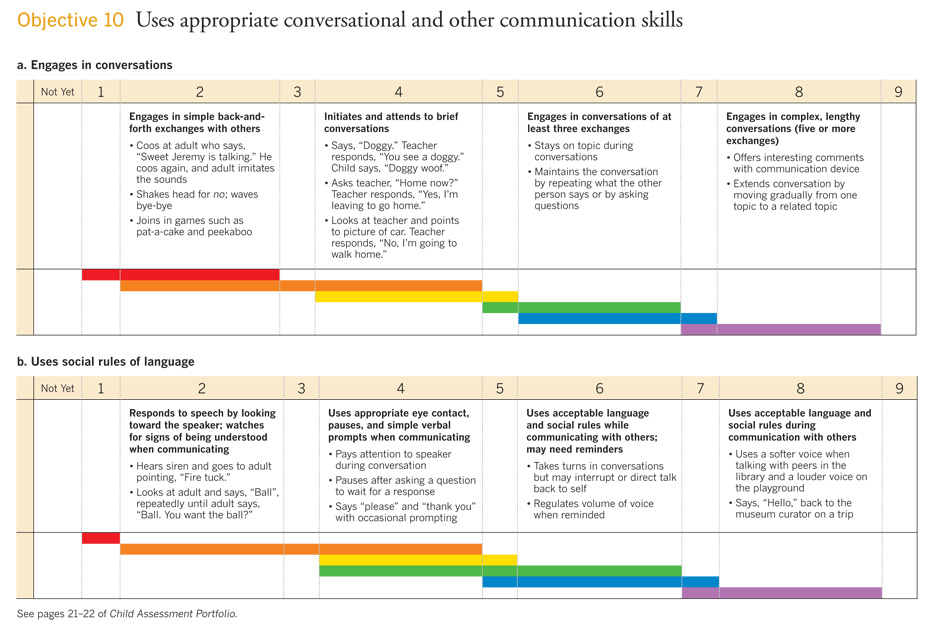
History The Creative Curriculum for Preschool

(PDF) Effective early childhood care and education Successful approaches and didactic

(PDF) A Teacher’s Reflection on Effective Learning in Early Childhood

Posters / Signs EYLF Theorist Pack Intentional teaching, Early childhood education programs
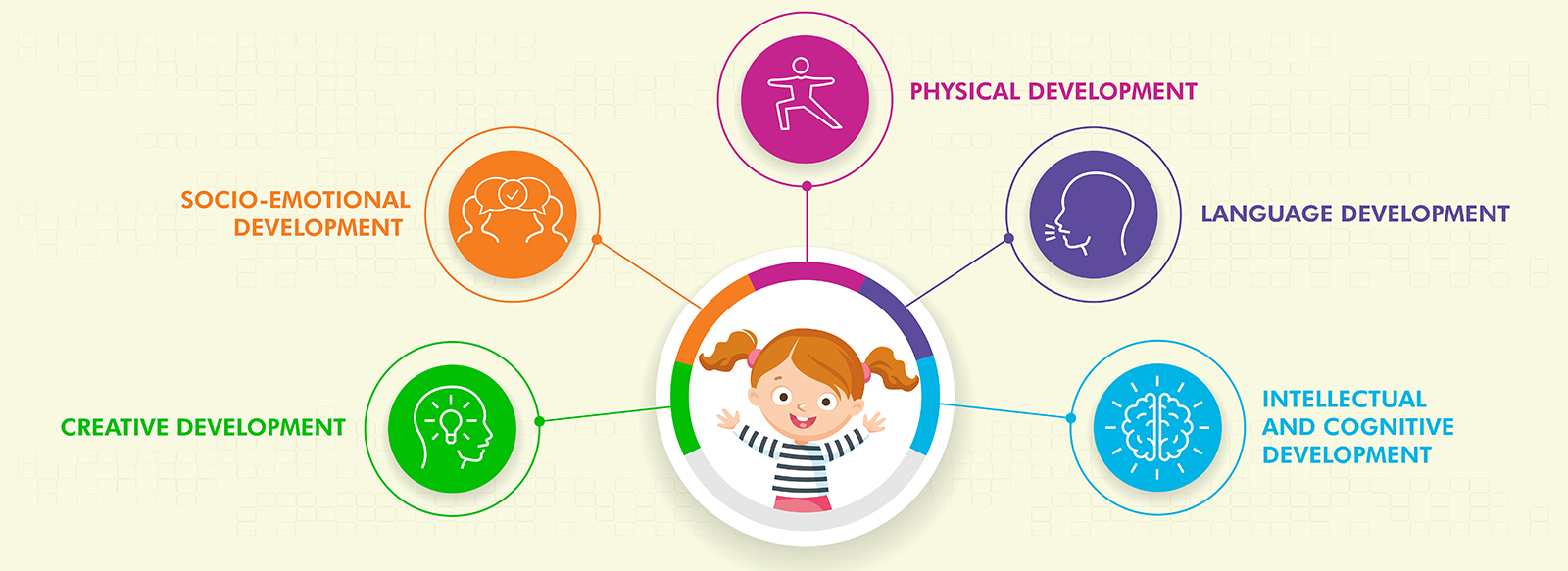
Early childhood education curriculum Mother’s Pride
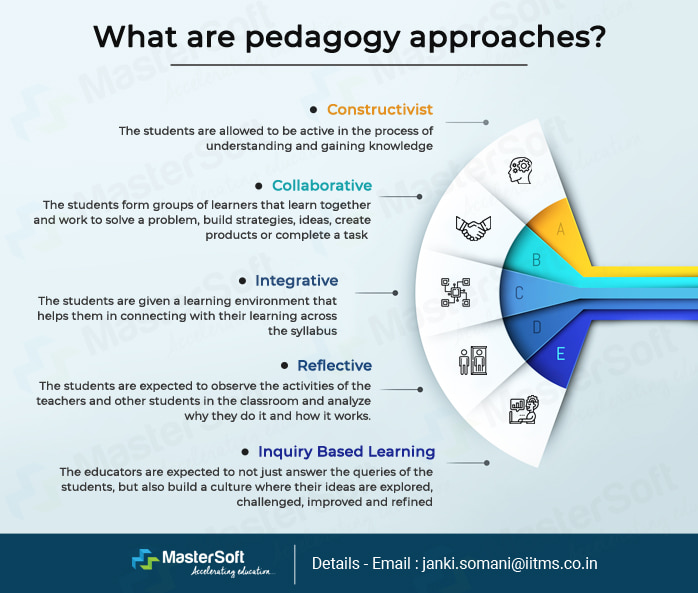
What Is Pedagogy? Importance Of Pedagogy In Teaching And Learning Process

(PDF) Teaching with computers in early childhood education Strategies and professional development

Teaching Strategies Blog Free Support for Early Childhood Educators Teaching strategies

FREE RESOURCE Principles, Practices and Learning Posters Early Years… Learning

Teaching Methods in Early Childhood PDF Early Childhood Education Preschool

Children's approaches to learning how they acquire knowledge and master skills shape their

(DOC) How to Develop a Philosophy of Teaching for Early Childhood Education Zondell Morris

Early Childhood Education Teaching Strategies YouTube

The Insightful Teacher Reflective Strategies to Shape Your Early Childhood Classroom
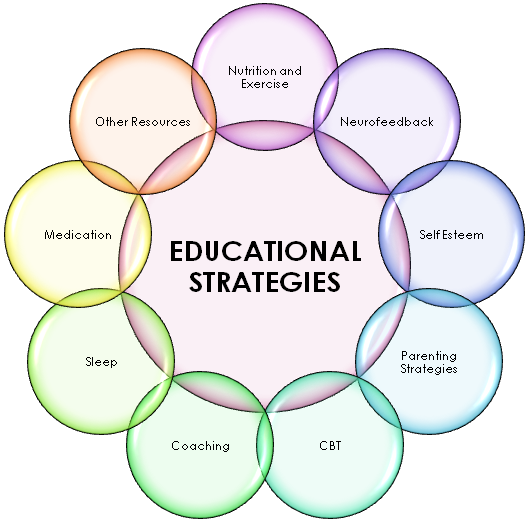
Educational Strategies Lanc UK

The Benefits of Assessing Learning Styles of Your Students and Intervening Early Learning
Effective ECE teachers provide feedback and encouragement focused on children's efforts and not just their outcomes or achievements. This type of praise, referred to as process praise, is focused on the child's behavior (Bayat, 2011). In contrast, personpraise evaluates a child's attributes, such as her intelligence.. Encourage back-and-forth exchanges. • Tune into children's interests and experiences and talk about them. • Take turns communicating. • Show that you are interested in what they are doing and listening to what they say. • Provide time for children to respond. 3. Invite children to talk about what they are doing.